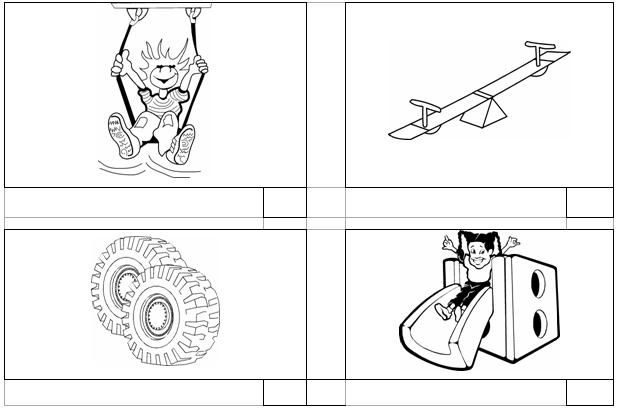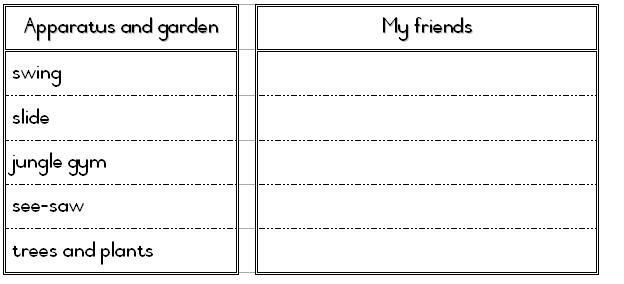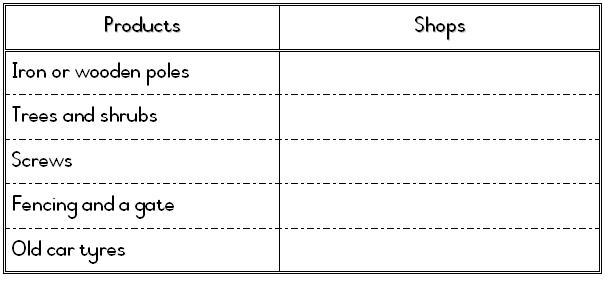| << Chapter < Page | Chapter >> Page > |




| Learning Outcomes |
| LIFE ORIENTATION |
| LO 2 |
| SOCIAL DEVELOPMENT The learner will be able to demonstrate an understanding of and commitment to constitutional rights and responsibilities, and to show an understanding of diverse cultures and religions. |
| Assessment Standards(Ass) |
| We know this when the learner: |
| 2.1 discusses children’s rights and responsibilities, and participates in classroom voting;2.4 identifies values and morals from diverse South African cultures. |
| LO 4 |
| PHYSICAL DEVELOPMENT AND MOVEMENT The leaner will be able to demonstrate an understanding of, and participate in, activities that promote movement and physical development. |
| We know this when the learner: |
| 4.1 participates in a variety of indigenous outdoor games with simple rules, individually and with a partner;4.2 participates in activities to develop control, co-ordination and balance in the basic actions of locomotion, elevation and rotation, with equipment;4.3 performs expressive movements or patterns rhythmically, using various stimuli;4.4 participates in structured activities, using equipment. |
| SOCIAL SCIENCESLO 1 |
| GEOGRAPHICAL ENQUIRY The learner will be able to use enquiry skills to investigate geographical and environmental concepts and processes. |
| We know this when the learner: |
| 1.2 links information to places on simple maps, globes, drawings, photographs and charts (works with sources). |
| HISTORYLO 1 |
| HISTORICAL INTERPRETATION The learner will be able to interpret aspects of history |
| We know this when the learner: |
| 3.3 chooses, describes and talks about an object that represents the past (e.g. photographs or pictures of grandparents, or items used for cultural celebrations or for specific purposes) [representation of the past]. |
| TECHNOLOGYLO 1 |
| TECHNOLOGICAL PROCESSES AND SKILLSThe learner will be able to apply technological processes and skills ethically and responsibly using appropriate information and communication technologies. |
| We know this when the learner: |
| 1.3 ( Designs ) – choose suitable materials or substances to make products, and suggests some ways they can be used to satisfy a problem, need or opportunity. |
| ARTS AND CULTURE LO 1 |
| CREATING, INTERPRETING AND PRESENTINGThe learner will be able to create, interpret and present work in each of the art forms. |
| We know this when the learner: |
| 1.1 ( dance ) – accurately demonstrates the eight basic locomotor movements (walk, run, skip, hop, leap, jump, gallop, slide), while travelling forward, sideward, backward, diagonally and turning;1.10 ( composite ) – responds to stories, games, pictures, poetry and cultural experiences from the immediate environment as stimuli for representation in any art form. |
| LO 3 |
| PARTICIPATING AND COLLABORATING The learner will be able to demonstrate personal and interpersonal skills through individual and group participation in Arts and Culture activities. |
| We know this when the learner : |
| 3.5 ( Visual Arts ) – shows confident involvement in planning collective artworks. |
| EMSLO 1 |
| THE ECONOMIC CYCLE The learner will be able to demonstrate knowledge and understanding of the economic cycle within the context of the “economic problem”. |
| We know this when the learner: |
| 1.1 explains the roles of households as key role-players in the production and consumption of goods and services;1.2 explains that wants can be unlimited, always changing and influenced by friends, the media, and the development of new products and services by business. |
| NATURAL SCIENCESLO 1 |
| SCIENTIFIC INVESTIGATIONS The learner will be able to act confidently on curiosity about natural phenomena, and to investigate relationships and solve problems in scientific, technological and environmental contexts. |
| We know this when the learner: |
| 1.1 ( Plans ) – plans an investigation as part of a group.1.1.1 discusses and plans with others;1.1.2 negotiates joint understanding of who does what;1.1.3 decides on what materials or modes will be used to communicate the plan;1.2 1.2 ( Does ) – participates in planned activity independently or as part of a group.1.2.2 explains what is being done, and answer the question, “What are you trying to find out?”;1.3 ( Reviews ) – shows and explains what was intended and how it was done. |

Notification Switch
Would you like to follow the 'Life skills grade 2' conversation and receive update notifications?